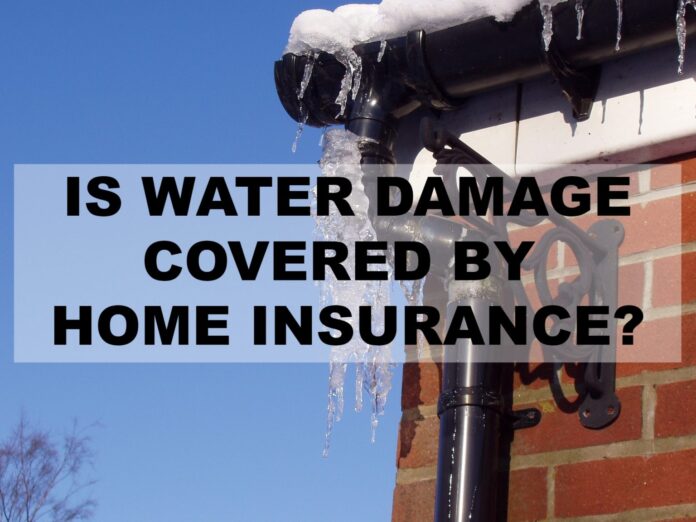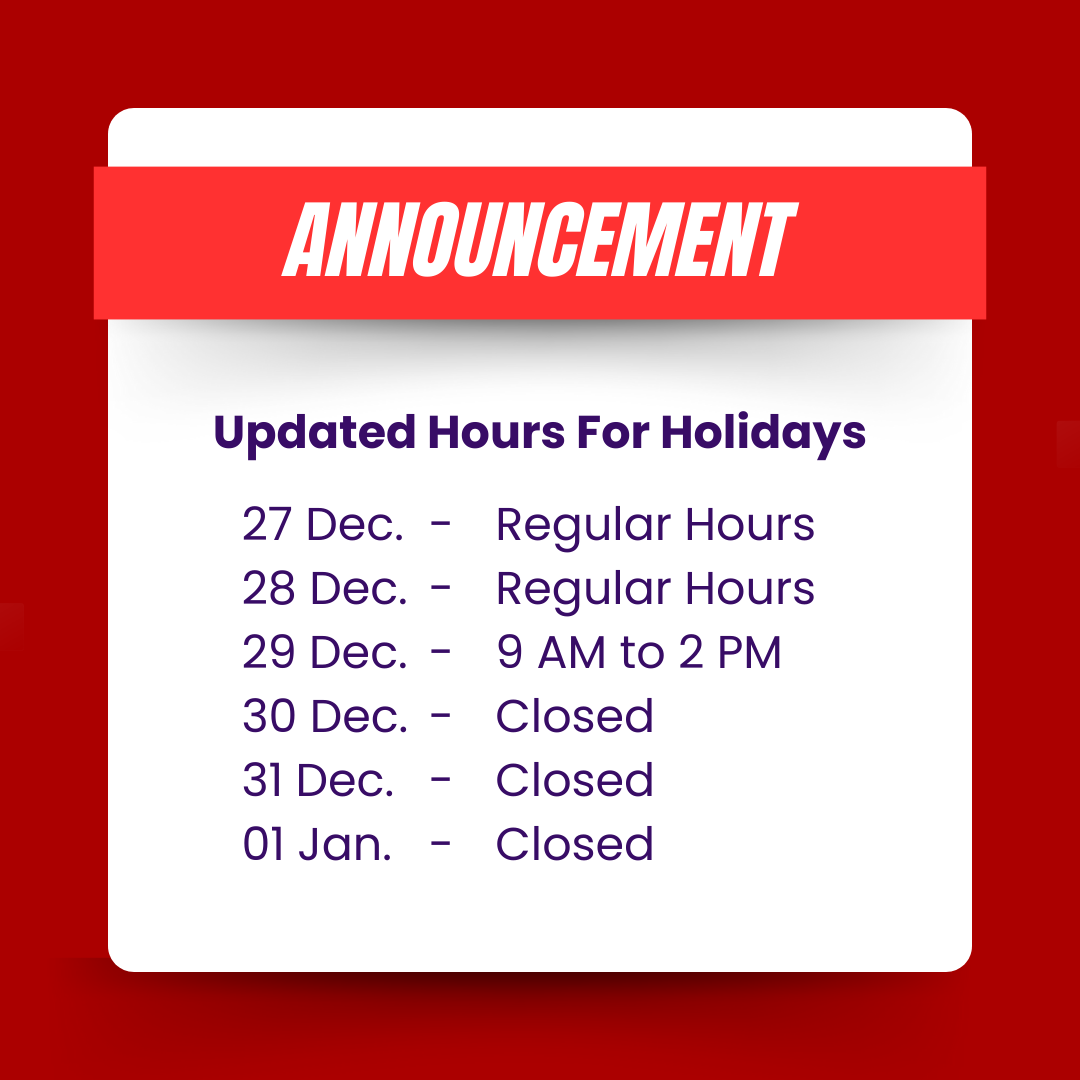Winter brings many surprises, such as those special gifts under the tree, a red robin peeking through the branches of a snow-laden tree or discovering a passion for snowboarding. It can also bring some unpleasant surprises, such as slipping on ice or having to clear snow off your roof. Nobody likes unpleasant surprises, so here are 15 little-known facts about home insurance and winter. Read them carefully so you don’t get caught off guard when the snow flies!
Going away: If you leave for a warm location during the winter, make sure somebody regularly checks your home. Some insurers explicitly exclude cases if the home was not monitored regularly. Here is an example of a policy which is very specific about this topic: “…but we do not insure loss or damage caused by freezing during the usual heating season within a heated portion of your dwelling if you have been away from your premises for more than 4 consecutive days but you will still be insured if you had taken one of the following precaution: arranged for a competent person to enter your dwelling each day you were away to ensure that heating was being maintained…”
Different companies can have various time horizons e.g. 4 or 7 days. Another option to keep a house safe is to turn off the water at the main source and drain the pipes.
Melted snow: Once snow melts and converts into water, it can result in flooding. The challenge in Canada is that, generally speaking, overland flooding is not covered. The only support path in this case can be government disaster recovery programs (e.g. similar to the ones supporting home owners during southern Alberta’s recent flooding). Also, when buying a new home, you want to check if the location has a history of flooding due to melted snow.
Snow damages: Typically, your home insurance will cover damages caused by heavy snow, such as damages to your roof. Nevertheless, it is best to ensure your home is free of snow as much as possible in order to avoid potential claims. Often a claim can lead (depending on provider) to increased rates.
Garden and Trees: Should a tree fall on your house due to a winter storm, the damage is generally covered by your home insurance policy. Important to know, however, that a typically home insurance policy covers living trees and not the dead ones which is your responsibility to have timely removed. Another important aspect: some policies may cover only damages to the home by fallen trees, but also some of the cost of the repair landscaping. According to the Insurance Bureau of Canada, “Most home policies will allow you to apply up to 5 per cent of the amount of insurance on your dwelling to repair damage to trees and landscaping”.
No power: As Toronto’s storms have shown, nature can easily leave thousands people without power for several days. Aside from not being able to heat your home (unless you have a generator), your food supplies can quickly spoil.
Little known fact: many home insurance policies will actually cover damaged food in such cases!
Pipes: Insulate your interior pipes to avoid potential damages and, thus, claims. Make sure outdoor pipes and hoses are dry and do not offer any opportunities for ice building. In general, the type of pipes you have in your home would impact your home insurance rates.
Living in a hotel: Should something happen to your home, make sure that your home insurance policy covers additional living expenses. Check the living expenses rider in your policy, which covers temporary accommodations while your home is undergoing insured repairs.
Heating: Though certain types of heating can be quite romantic and cozy in winter, home insurance policy rates vary depending on the heat source. Oil-based heating, wood-burning fireplaces and wood stoves may drive up your insurance premiums.
Minimizing liability at home: Winter brings unexpected dangers around your home in the form of icicles and icy pathways. In order to avoid liability claims (e.g. somebody falls on your icy path or gets hit by an icicle), make sure that these hazards are not dangerous for others. Typically, liability cases are covered by your home insurance (similar to possible summer liabilities such as guests falling into your swimming pool). A couple simple things to consider for winter though: sand or salt against ice, guidance to navigate your visitors away from icicle-endangered areas and cutting the trees that carry a lot of weight of ice and snow are prudent maneuvers.
Sewage and toilet: We have already briefly touched on insulating pipes. A bit of anti-freeze in plumbing pipes can help to prevent sewer back up due to ice blockage. Remember, sewer back up is not automatically included into your home insurance policy and can be purchased additionally as extra coverage.
Skis and snowboards: Your ski equipment is covered by your home insurance if it is stolen from your home or vehicle, but you will probably need to pay for the expenses yourself if you damaged or lose it while being on a slope.
Liability and skiing: Skiing and snowboarding can be quite extreme sports and there is always a risk of colliding with another person. Your home insurance will typically cover liability costs for the accident. It is important to mention, though, that it will not cover your own medical bills. If you plan on skiing abroad, travel medical protection is a must for the amateur skier. Should you be a professional skier or snowboarder and/or participate in competitions, you will need to get a special type of insurance called extreme sports insurance.
Seasonal property: Since your summer cottage stays mostly unoccupied in winter, different rules are often applied to its insurance (seasonal property or cottage insurance). As an example, structural damages due to the snow weight may not be covered since nobody is there to clean up the snow. Similar limitations can be faced with freezing pipes. Unlike a standard home insurance policy, these will not be covered since insurers consider that you take care of your seasonal property prior to the winter season.
Snow slide: Snow slides (avalanches) are typically not covered by your home insurance, so if you have a cozy home with a mountain on one side, especially in high-risk avalanche areas, consider getting additional coverage.
After-winter visitors: Any damages caused by insects (e.g. termites) or animals (e.g. raccoons, mice) which often get more active after long winters, is typically not covered by your home insurance. Take measures to prevent those kind of visits. Patch holes, don’t leave food outside, etc.







